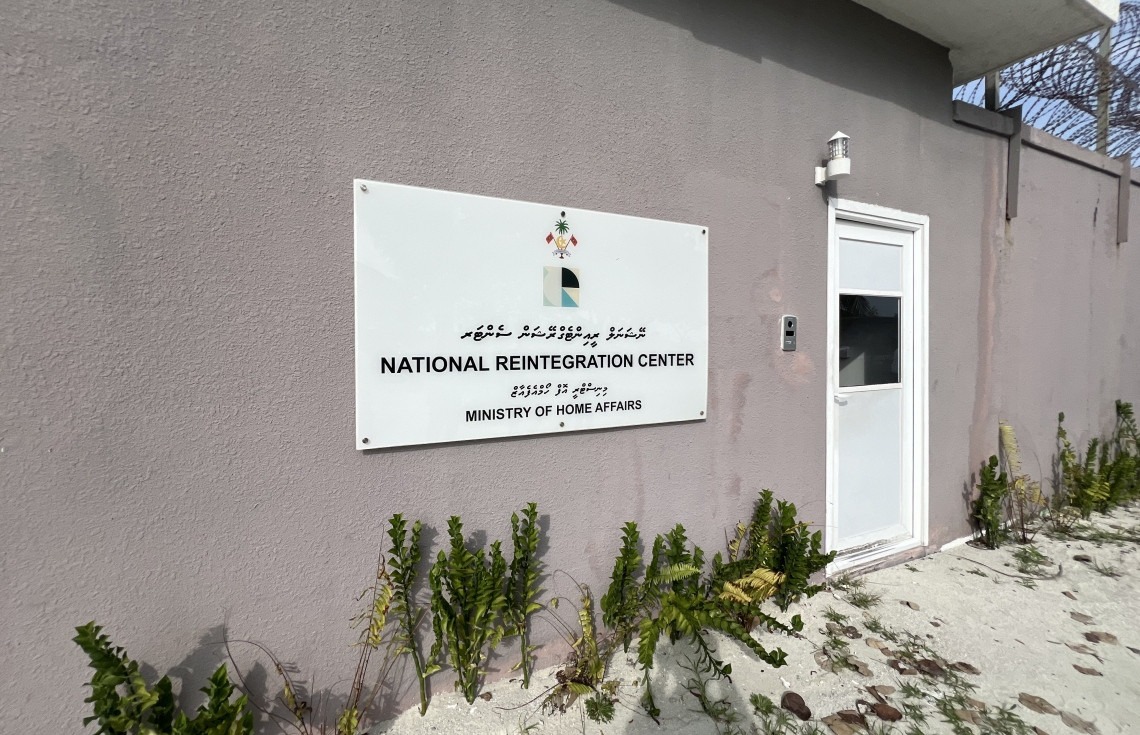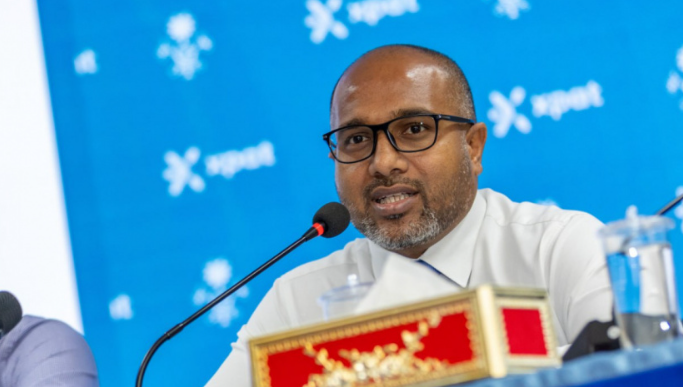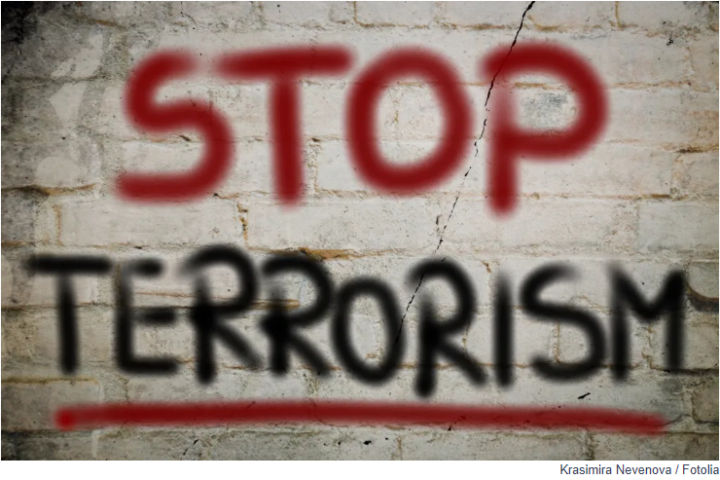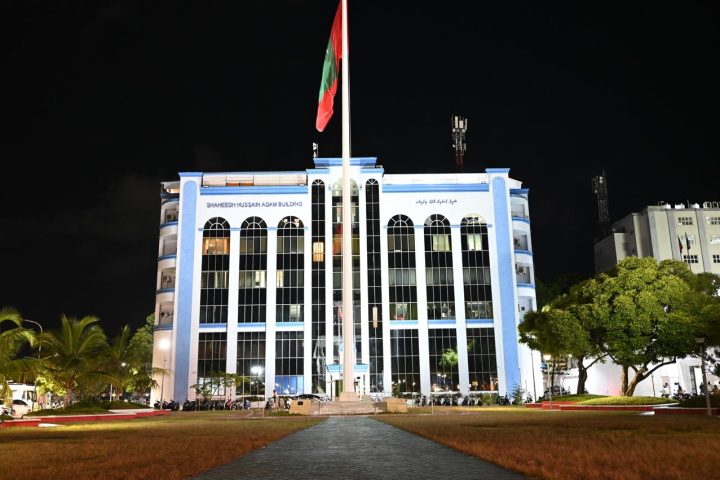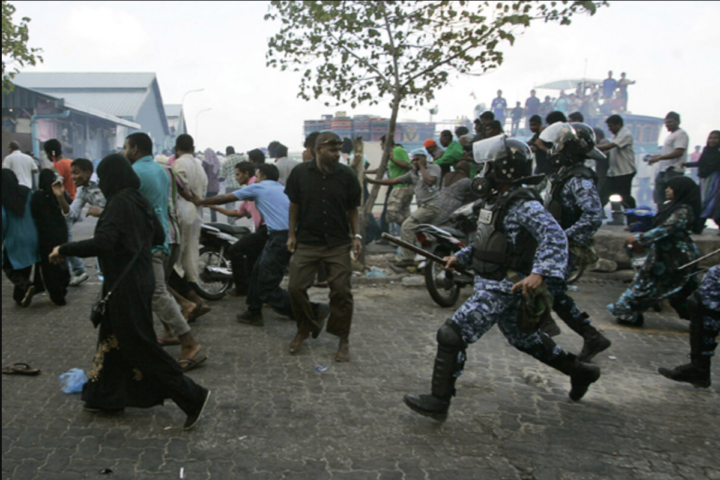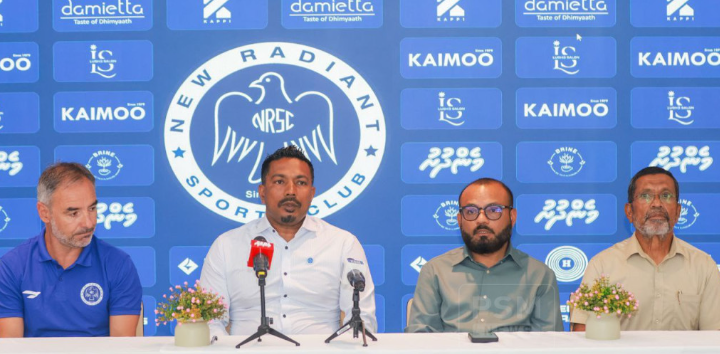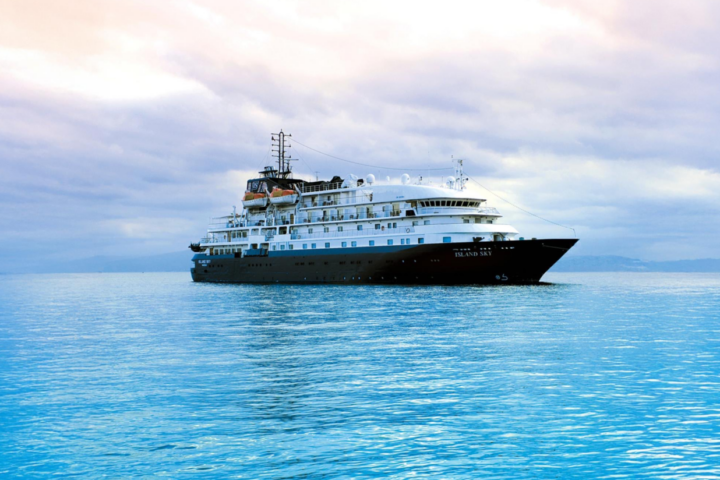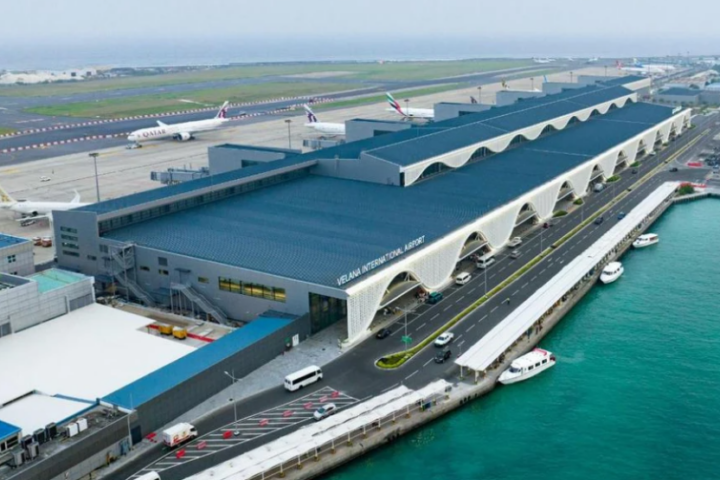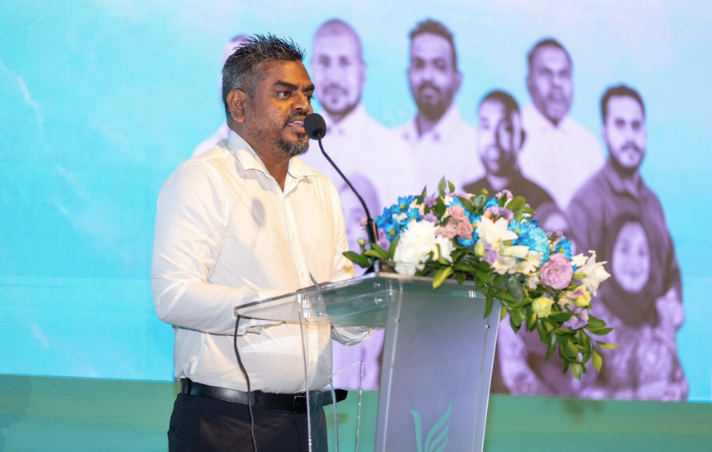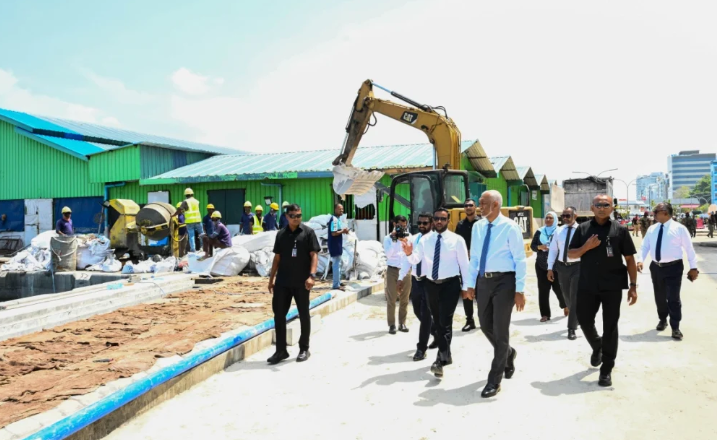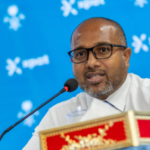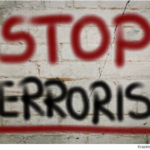In a significant development that has stirred widespread discussions on social media, a group of Maldivian citizens who had joined the ranks of terrorist fighters in the Syrian war has been safely repatriated to the Maldives. The returnees, including 15 children, five women, and a man, arrived on a private charter flight operated by Beyond Airlines at 5:02 am today.
The repatriated individuals are currently being housed at the National Re-integration Centre (NRC) on Hinmafushi Island, a facility established under the Prohibition of Terrorism Act during the previous government’s tenure. The NRC is designed to serve as a center for the assessment and rehabilitation of individuals involved in terrorist activities.
Minister of Homeland Security and Technology, Ali Ihusaan, addressed the media, revealing that the group was brought back while facing distress on the Syrian-Turkish border. President Dr. Mohamed Muizzu, during his official visit to Turkey, played a pivotal role in expediting the repatriation process.
Assessments to verify the identities of the returnees have been conducted by the Maldives Police Service, according to Minister Ihsan. The rehabilitation process, set to span the initial 30 days at the NRC, will be carried out based on a program devised by the rehabilitation and reintegration committee.
Minister Ihsan assured the public that stringent measures are in place to ensure that the individuals will not pose a threat to the community after completing the rehabilitation process. Notably, the Maldives has more than 100 nationals currently in Syria as terrorist fighters, with 90 expressing a desire to return.
The NRC, a purpose-built four-block housing complex, is designed to accommodate 72 individuals and five families simultaneously. The blocks are designated for women, boys under 18, men over 18, and families, respectively.
From 2014 to 2018, the Maldives witnessed a significant exodus of its citizens to join the ranks of the Islamic State, with an estimated 250 men and women involved. Most of these individuals lost their lives in the conflict, leaving surviving women and children detained in camps in northeast Syria, such as Al Hol and Roj.
This repatriation effort reflects the government’s commitment to address the complex issue of citizens involved in foreign conflicts, emphasizing rehabilitation and community reintegration. The situation continues to prompt discussions on the nation’s security, counterterrorism strategies, and the challenges associated with the reintegration of individuals with a history of involvement in extremist activities.
